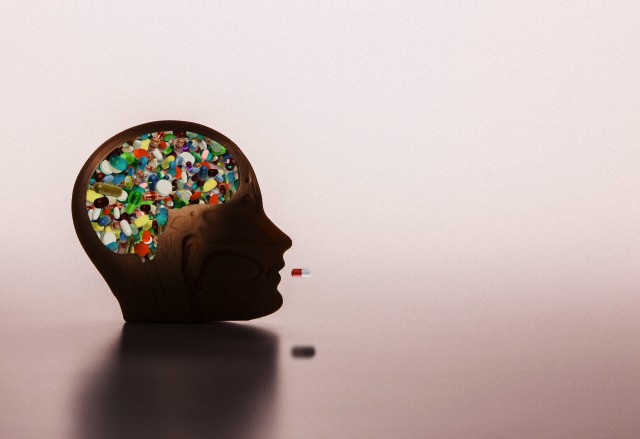Mental Disorders and Social Security Disability Benefits
Physical injuries and diseases are much easier to see than those originating inside the human mind. While the effects of mental disorders can be every bit as encumbering as broken limbs or progressive genetic ailments, they don’t receive the same sympathy in the court of public opinion. “Just get over it,” some way to those who suffer from mental health problems – as if the decision to get well is all that’s necessary. Recovery is often a long process, and the ill may need financial assistance to provide for basic needs during this time. Fortunately, there’s help. Our PA + NJ lawyers know that psychiatric problems may still qualify sufferers for disability benefits from the Social Security Administration.
Social Security Disability Impairment Listings
No disease, mental or otherwise, automatically qualifies or disqualifies an applicant for SSD benefits under federal law. However, the Social Security Administration does maintain a list of recognized impairments for approval purposes. The list, which includes mental disorders such as a clinical depression, schizophrenia, and bipolar disorder, is the first hurdle in the disability approval process. Receiving a diagnosis that’s present on the SSA’s impairment list doesn’t necessarily mean an application will win immediate approval. There’s still an examination process to go through before the checks begin arriving by mail.
Providing Proof of Impairment
Submitting psychiatric evidence that a given mental health disorder reduces the applicant’s functional capacity is still essential to obtaining approval for SSD benefits. Some disability examiners may not understand the debilitating nature of mental disorders, or might even have prejudices concerning them. That’s why it’s essential to hire a legal team that can compile medical information on your behalf and present your application in as compelling a light as possible.
Mental Residual Functional Capacity an Inability to Work
Mental disorders often have a cyclical nature, meaning that symptoms may “disappear” for a time before rearing up again in all their incapacitating glory. For the SSA to approve an application a claimant must show their mental illness affects their ability work and that doctors expect that condition to last for at least a year. Providing written document of the extent of the reduction in mental residual function capacity (FRC) is another important element of medical information necessary to obtain first-time application approval.
To determine this, disability examiners look at an applicant’s ability to understand their surroundings and interact with others, long-term and short-term memory, how well an applicant adapts to new situations and how long the applicant can sustain concentration on given tasks. If an applicant is unable to sustain focus to complete tasks, their ability to maintain gainful employment is significantly limited.
Our Pennsylvania Disability Attorneys Can Help
A strong application for Social Security Disability benefits depends on the completeness of medical information provided and comprehensive responses to questions asked by the federal government. The approval process is complicated by design – don’t allow yourself to go without the money you desperately need. Call our SSD attorneys in Pennsylvania today to discuss how we can compile your application for benefits on your behalf, and secure the money you need as you continue battling a relentless mental disease.































